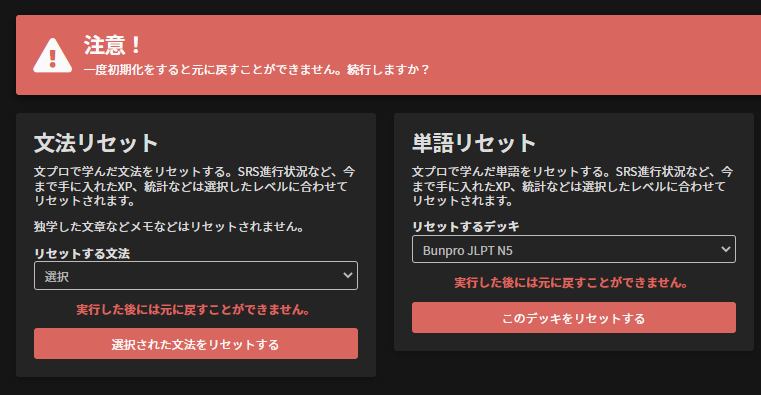I think one of the main benefits of WK is that the learning of the kanji is very structured and incremental. This may be ‘slow’ if you’re looking for vocab or for something like verbal/conversational Japanese, but it is (IMHO, and in my experience so far) much ‘faster’ for learning how to read Japanese – and, in particular, kanji (of course!).
Having the ‘scaffolding’ of WK’s level system, with its building up new kanji from previously-learned kanji and radicals, makes the learning curve of kanji much more smooth and steady, IMO. In this way, one can learn kanji faster than acquiring them through raw exposure or through dictionary look-ups, or by building one’s own Anki deck (or even using an existing one which is not as ‘structured’ as WK’s system is).
But of course, different people are different and some (maybe many) people will prefer a different way of learning kanji.
As for learning vocab, as others have said, WK’s vocab is primarily as a support (part of the ‘scaffolding’) for learning kanji.
So, if one’s main interest is learning vocab, WK is not ideal. Not useless, but certainly other tools would be better. Certainly BunPro’s vocab system is quite good for my own needs.

